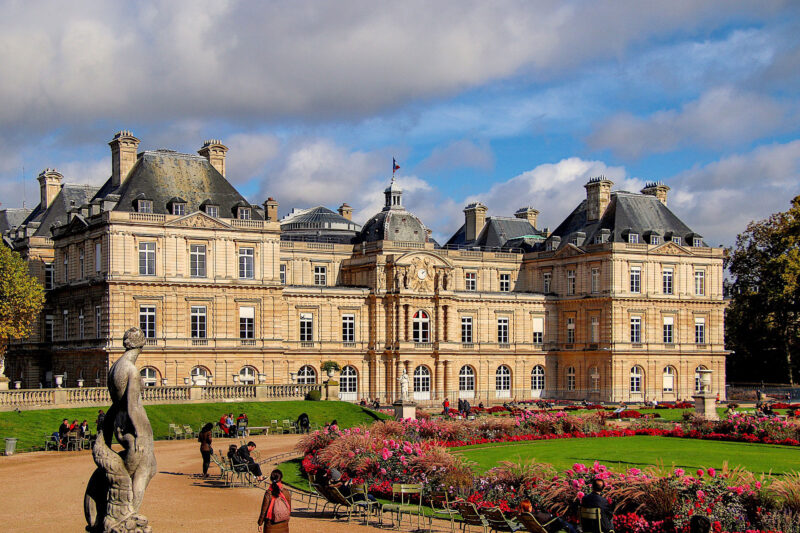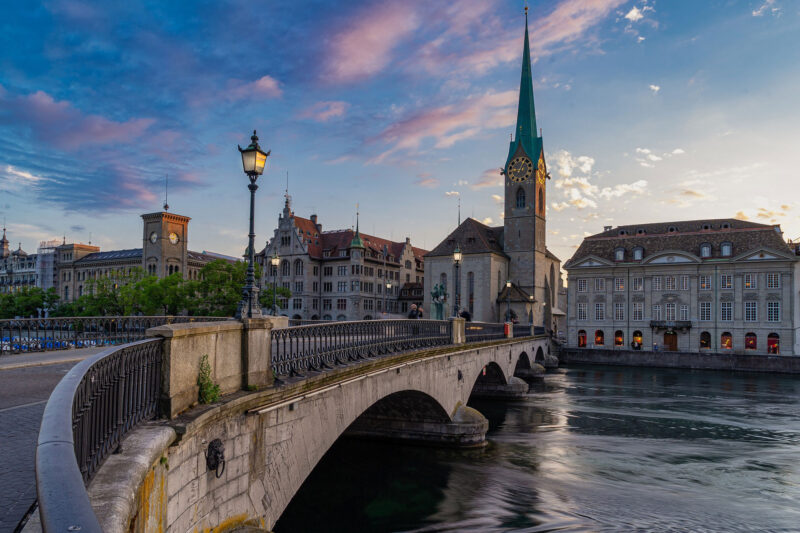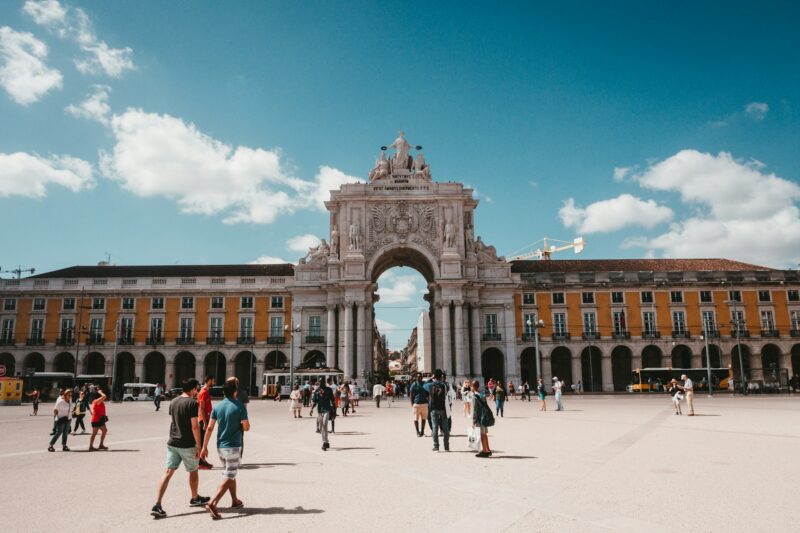About North Macedonia
Situated in Southeast Europe, the Republic of North Macedonia is known for its stunning rivers and lush, mountainous landscapes. Its expanding economy, along with excellent opportunities in agriculture and trade, makes it appealing to investors and entrepreneurs. The citizens of North Macedonia enjoy a culturally vibrant lifestyle shaped by the arts and local traditions, and the country operates under a civil law system.
Life in North Macedonia
The Republic of North Macedonia enjoys a strategic location at a key crossroads of transportation routes, including the vital north-south connection from the Danube River to the Aegean Sea and the historic east-west trade routes linking the Black Sea and Istanbul to the Adriatic Sea. With a pro-Western government that supports a civil law system, both native citizens and those gaining citizenship through investment benefit from a stable legal environment.
The country is predominantly mountainous, with its highest peak, Mount Korab (2,752 meters), located on the border with Albania. The northwest, near the Šar Mountains, is rich in lush forests, while the fertile valleys offer promising opportunities for agricultural investment.
North Macedonia experiences a moderate continental climate, with milder winters and hotter, drier summers in the east compared to the west. The nation takes great pride in its Macedonian language and culture, heavily supporting education and the arts, including theater, film, literature, and more. The local cuisine is a delightful fusion of Mediterranean, Balkan, and Turkish influences.
A flourishing economy with an investor-friendly regime
In the mid-1990s, Macedonia attracted new trading partners, leading to economic growth. Although its GDP saw a brief decline around the turn of the 21st century, the economy quickly rebounded and withstood the global financial crisis of 2008 better than many other nations.
Today, North Macedonia’s economy relies heavily on agriculture and trade, with major trading partners including Bulgaria, Germany, Greece, Italy, Romania, Serbia, and the UK. Key exports include iron and steel, clothing, and food products. The country is also self-sufficient in essential resources like food, coal, and hydroelectric power.
To stimulate both domestic and foreign investment, the government implemented a Free Economic Zone (FEZ) policy, which led to the establishment of over a dozen FEZs offering incentives like a 10-year tax holiday. Combined with the country’s low tax rates, these zones attract significant foreign direct investment, further boosting the economy.
North Macedonia ranks among the world’s top 20 countries for ease of doing business, making it one of the most investor-friendly economies globally.



